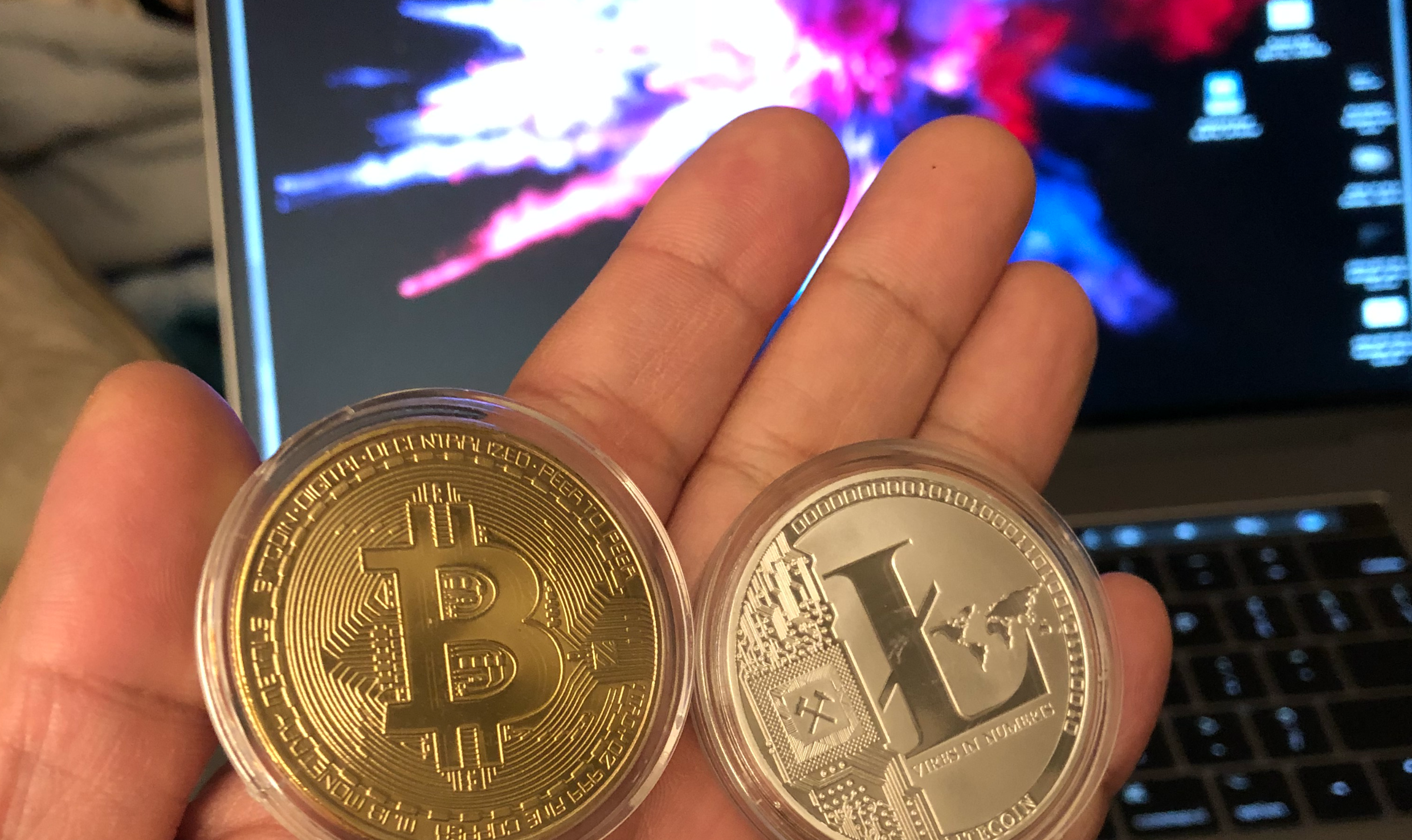Don’t store your coins on an exchange
“What’s the best wallet?” is one of the Frequently Asked Questions I see on Facebook Crypto Forums and Crypto Subreddits. Then some people will say Binance, Coinbase, etc! As soon as you see that post, just reference this link. If this link was shared with you, it’s in your best interest to read this if you like your coins.

Let me keep it simple. If you don’t understand the next line, read and watch on.
You technically don’t own your coins if they are still on exchange!
But don’t take my word for it, hear it from the best: Andreas Antonopoulos. If you don’t know who is, you’ll want to subscribe to his channel to gain some street cred fast.
How to secure your coins:
Although he is talking about Bitcoin, his logic applies to all crypto coins.
His primary point is that you don’t own the keys to the wallets that are on the exchange.
What does that mean?
you are helpless if the exchange is ever down or unaccessible
Exchanges have been known to go down for extended periods for maintenance
- https://www.reddit.com/r/CryptoCurrency/comments/7w1lge/binance_down_for_12_more_hours_due_to_maintenance/
- http://fortune.com/2018/01/12/bitcoin-price-ripple-kraken-down/
- https://www.wired.com/2014/03/bitcoin-exchange/
- https://www.coindesk.com/coincheck-confirms-crypto-hack-loss-larger-than-mt-gox/
Only keep what you are willing to actively trade on the exchange. The wallets one these exchanges should never be used as a wallet. Unlike banks, most exchanges outside of Coinbase are not.
SO WHAT AM I GONNA DO? (Meme)
Depending on your financial situation, don’t keep anything on the exchange you aren’t willing to lose. That might mean a Week’s salary. Keep in mind, that if you have considerable amount, you’ll want to learn about how to secure your coins.
Where are my coins?
First, you have to understand is that wallets are essentially clients that view your balance on the blockchain. The best analogy is that a wallet is like an email client. Email clients on your phone can view your Gmail on the cloud. So even if your email client is offline, you can still receive emails.
Similarly, a wallet can see your coins. And you can receive coins even if you aren’t actively in your wallet client. Most people think hardware wallets store coins for example. They hold your private keys securely and use a wallet app to interface with the blockchain.
So what are the different wallets?
This isn’t meant to be a comprehensive guide, but I’ll update this page as I gather more info.
Exchange web based wallet (temporary or short term)
Only use for active exchanging of coins.
Online Web based wallet
Examples include MyEtherWallet (MEW)and Blockchain.org. Your private key could be saved as a file. Use this as a staging area to send small amounts of coins since it’s convenient.
Paper Wallet
MEW also has the option to create a paper wallet. You use the website to generate your public and private keys and print them out. This is often seen as an economical way to secure your coins. However, with any wallet that exposes your private keys, you want to be sure that your computer is FREE of ANY malware. Use this option for long term storage.
Software Wallet
They can be on a computer or a mobile device. Desktop wallets are very convenient since you don’t have to rely on any other device to spend your coins. For those who are worried about hackers, they would use a spare computer that has a fresh operating system that has never been connected to the Internet. A good example is https://electrum.org/. Use this as a staging area to send small amounts of coins since it’s convenient.
Mobile Software Wallet
These are installed as an app on your mobile phone, which typically has better security that a desktop computer. Use this as a staging area to send small amounts of coins since it’s convenient.
Hardware Wallet (Cold Storage)
This is often use in conjunction of web or software. The software would look for the hardware device to authenticate the private key. The beauty of this is that the private key is NEVER exposed. One concern that many newbies have is what if you lose your hardware key? These devices are based on a standard so that the 12 or 24 word key phase can be used on a replacement device or any other wallet mentioned above.
I personally use a Ledger Nano S, see my YouTube channel to see my tutorials.
Buy a Ledger Nano S here:
Conclusion
You have to evaluate your priorities around security and convenience. None of them are 100% safe. The good news is that like with any other technology, it is improving since it still seems like it takes a few steps to actually use any of those solutions above.
Just use the same logic you would for your FIAT money. You have different ways to secure your money. For larger amounts, I would highly consider a Hardware Wallet.
Whatever you decide, be sure you have securely backed up your key phrase. If you lose your key, it’s like losing your money. Be sure to do your research and don’t rush into any solution.
If you like this article, consider checking out my YouTube Channel:
Subscribe